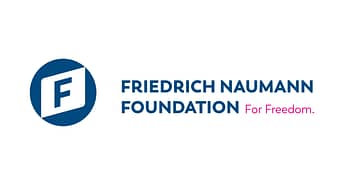Author: Alexandre Alaphilippe, EU DisinfoLab
Reviewers: Victor Wiard, Université Saint-Louis and EDMO BELUX; Jan Jagers, deCheckers
introduction
- Belgium can be seen as a particular example of how to report on disinformation.
- First, the federal country is divided between both territorial and linguistic borders. Belgium has three official languages (Dutch, French, and German) and three regions (Flanders, Wallonia, and Brussels-Capital), which partially overlap.
- On the one hand, this double fragmentation, combined with weak federal institutions, is the source of many political and community tensions within the country. On top of that, local communities’ information ecosystems are very connected to neighbour countries such as France for the French-speaking part, and the Netherlands for Flanders.
- On the other hand, Brussels is the home of the European Commission and hosts one seat of the European Parliament, the European Council, and the NATO headquarters. This puts Belgium as an influence target for foreign interference as the capital is the beating heart of European regulation.
To gain a more accurate understanding of the Belgian disinformation landscape, click on the below button.
We have more European country factsheets. Curious to discover the others? Click here.
This project is funded by the Friedrich Naumann Foundation for Freedom.

This factsheet has benefitted from the support of the EU project EDMO BELUX that has received funding from the European Union under Grant Agreement number INEA/CEF/ICT/A2020/2394296. The contents of this publication are the sole responsibility of EU DisinfoLab / EDMO BELUX and do not necessarily reflect the opinion of the European Union.



